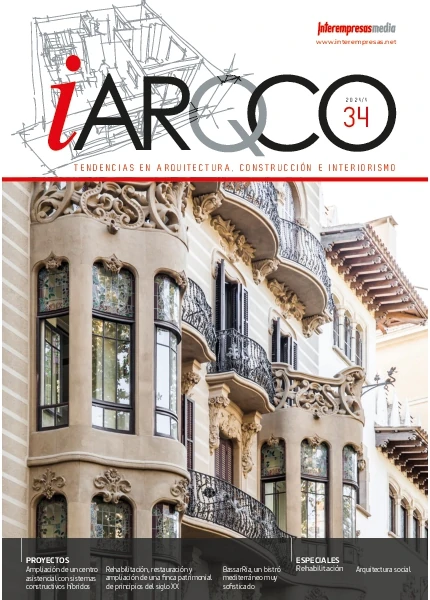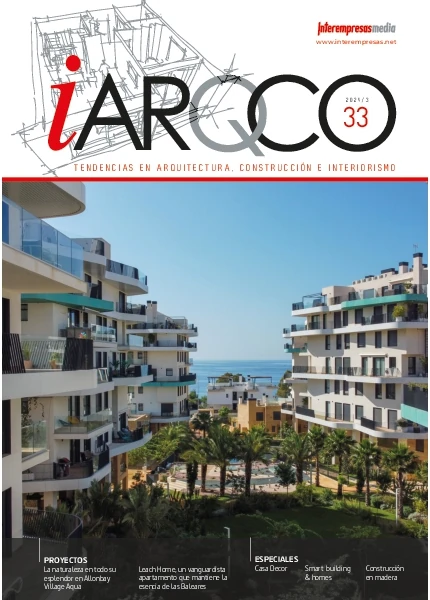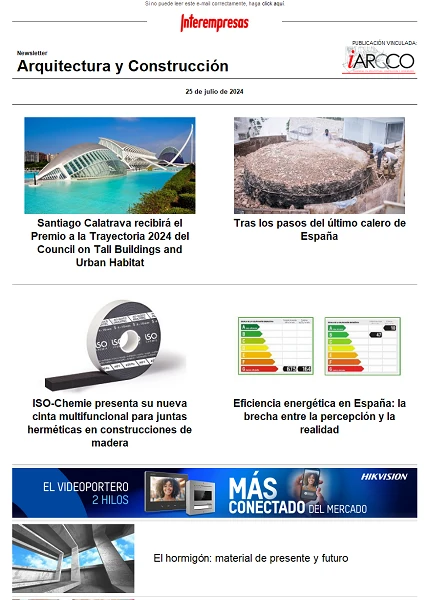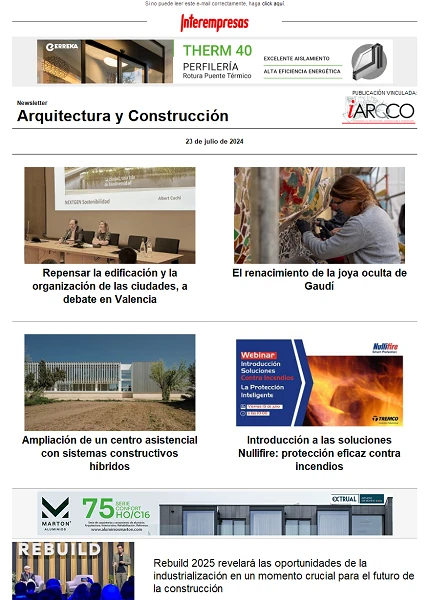The new CTE will mark the energetic qualification and the transition to the NZEB
The Department of Power and Climatic Change of the United Kingdom (DECC) commissioned to scientists of the University of Cambridge, the University College of London and the University of Reading, a study to check if it existed a direct relation between the available price and the qualification of energetic efficiency of the houses, measured according to the Power Performance Certificate (EPC). The study, based in the methodology of prices hedónicos, included to more than 325.000 houses that sold at least twice between 1995 and 2011, with the end to be able to observe properly the effect of the energetic qualification in the value of market of the houses. The homes classified by age, typology and price (expressesed by unit of surface, with the end to allow a better comparabilidad).

Economic advantages of a better qualification of energetic efficiency
According to the results of the study, near of 93% of the houses had a qualification of C, D or And, being D 45,5% of the houses. By typologies, the flats obtained ratios of qualification higher, being practically the half class C (40%) or class B (9,8%).
The results of the study showed that the houses with better qualification (classes To and B) arrived to sell , of average, until 14% more expensive that the described with G, varying nevertheless the percentage according to the typology of the house and the geographic location of the same.
Regarding the analysis by typology of house, whereas the houses unifamiliares with better qualification increased his price, in front of the worst described, 9% in city and 5% in rural areas, in the case of houses attached the percentage increased until 18%. Likewise, if of a qualification G realizar improvements until obtaining a level And or D, the revaluation observed was of 6,6% and 7,6% of average, respectively.
On the other hand, in function of the geographic situation, especially for those houses with greater energetic qualification, the study also deduced differences. In this sense, hardly observed a revaluation of the houses with greater qualification in the sureste and east of the country whereas yes they observed differences between the north houses of the country. This behaviour can be due to that in the east and sureste of the country, in addition to a greater benevolencia of the climate with regard to the north, the houses have prices higher, by what the potential buyers, do not take into account so much the energetic qualification, but they value more the relation price/size, when existing a big competition by the same.
To the light of these results the minister of Power and Climatic Change English, Greg Barker commented the following; “we Know from it does time the profits to do improvements of saving of power for the home, but this study is a real proof of the enormous potential profits (…) No only the improvement of the energetic efficiency will help to protect against the increase of prices of the power, but also can contribute a value added real to his property”. The minister also did reference to the designated ‘Green Deal' (Green Pact) that it is an instrument that went in in force on 1 October 2012 (included in the Law of Power of 2011) to facilitate the realisation of improvements of energetic efficiency in the houses. This instrument bases in the granting of loans that are given back through the bills of the power, with the intention that the saving produced by the improvements of the building was upper to the payment of the progressive return of the loan. For the Minister this instrument will allow to help to a lot of families to realizar energetic rehabilitations and, as it shows the study, will serve for revalorizar his houses.

Thermography.
The existence of this type of private profits, perceived in scoop by the owners of the houses, is important like incentive for the rehabilitation, but besides an important part of the profits of the improvement of the energetic efficiency of buildings, as for example the improvement of the quality of the air and the reduction of the energetic dependency of the country, are of social character, since they are perceived so much by the homes that install said measures as by which do not do it.
The study realizar in England is not the only neither the first that has analysed this question. In the Low Countries, one of the first countries in applying the system of energetic certification of buildings (went in in force in January of 2008), saw the light a
The Codigo Technical of the Edificación and the Certificate of Energetic Efficiency
The certificate of energetic efficiency is an instrument that, in first instance, looks after the right of the citizens to know the energetic behaviour of the buildings, so much new like existent. But besides, as they put of self-evident these studies, can serve of stimulus for the execution of works of improvement, with the profits
The study realizar in England also has put of self-evident, besides, that the most ancient houses, built without the parameters of energetic efficiency that demand in the actuality, for example with regard to the measures of thermal sensors isolation of the envolvente, present qualifications of worse energetic efficiency, what between other disadvantages, reduces the value of said real estate and positions the houses in a situation of vulnerability in front of the rises of price of the power and in front of the energetic poverty. The improvement of the energetic efficiency of these houses will be therefore the only solution on a long-term basis to avoid these situations of vulnerability.
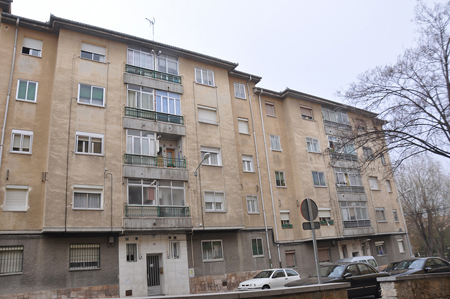
Building rehabilitated.
The rule of reference in Spain, the Basic Document DB-HAVE ‘Saving of Power', of the Technical Code of the Edificación, prepares the way for the


